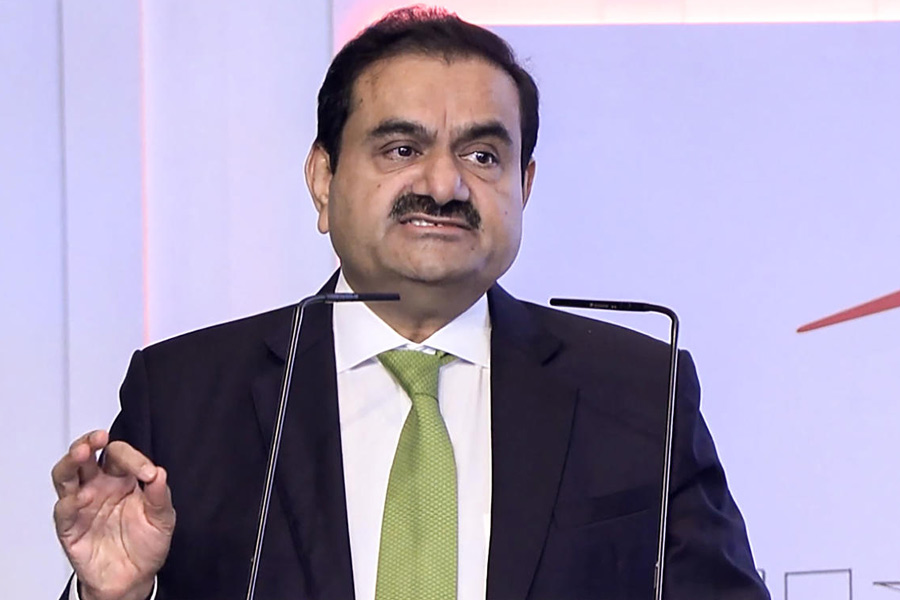Madhyamik examiners will have to write a note after every question in which they award less than full marks.
If, for instance, a question carries four marks and an examinee is marked three, the examiner will have to write a note below that particular answer explaining the reasons for deducting one mark, a senior official of the state secondary board, which conducts the exams, said on Tuesday.
Questions requiring long-form answers have been done away with in almost all subjects in Madhyamik. Most questions are divided into several parts and the marks allotted for each part is mentioned.
Examinees are expected to mention certain points for every part of the answer and examiners are supposed to award full marks if all the necessary points are mentioned in the answer.
The board had noticed in the previous years that examiners would tick an answer right but not award full marks. This year the board has made it clear in its instructions to the examiners that if an answer is correct and yet full marks are not awarded, the reason for deduction of marks must be explained.
An examiner who evaluates the English second language paper told Metro that if a student was required to mention five points for a five-mark question and the examiner wanted to give three marks, he or she would have to specify which two points were missing in the answer.
If marks are deducted for reasons such as grammatical error or poor writing skill, the examiner will have to mention that in the note below the answer, the teacher said.
The Madhyamik examinations ended on February 27 this year. Evaluation of the answer scripts will begin on March 6. More than 10 lakh examinees have written the test this year.
The decision asking examiners to specify the reasons for deducting marks has been taken for the first time, an official of the West Bengal Board of Secondary Education said.
The move is aimed at reducing the number of court cases and applications to see answer scripts under the right to information (RTI) act, the official said.
Every year, over 2,500 students apply for rechecking of answer scripts under the RTI act and more than 10,000 apply for the post-publication review of answer scripts.
The number of applications for post-publication review of answer scripts has been increasing by the year, the official said. The number of applications seeking permission to see the answer scripts under the RTI act is also on the rise, he said.
In many cases, the students’ allegations were found to be true and marks were increased after re-evaluation of answer scripts.
Many aggrieved students would also file a case in court challenging the marks awarded to them.
The board has, on several occasions, had to change the merit list of top 10 students.











